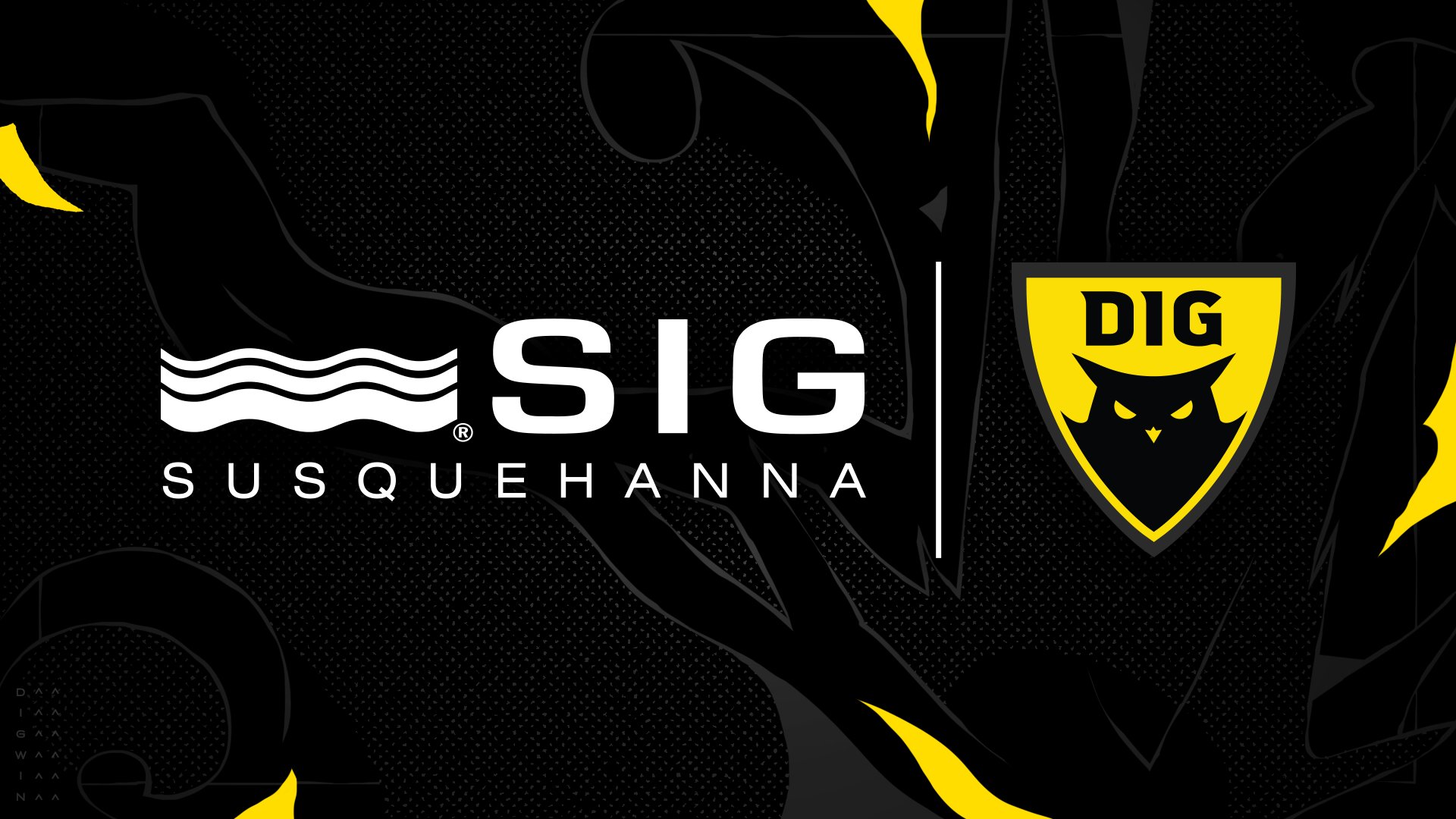
Indiana Sportsbooks Up, But Bets Still Off Nearly $160 Million
Sports world slowly starting to reopen, giving some reason for optimism, according to PlayIndiana
LAS VEGAS — Indiana’s sportsbooks lost out on nearly $160 million in bets in May even as they produced a modest improvement over April, according to PlayIndiana estimates. And while the sports world moves closer to reopening, the shut down could have more long-ranging effects on Indiana as neighboring states rush to open up sports betting to shore their budgets.
“In the short-term, the path to recovery is relatively straightforward,” said Dustin Gouker, lead analyst for PlayIndiana.com. “Sports must return. The good news is that the PGA Tour expected to start this weekend and the NBA and other major sports are closer to a return. The bottom line is that there is now a light at the end of this tunnel.”
Indiana’s online sportsbooks — which again accounted for the state’s entire handle — accepted $37.3 million in bets in May, according to official reporting released Wednesday. That was up 41.9% from the record-low $26.3 million in April.
May’s wagers produced $3.2 million in adjusted gross revenue, doubling the $1.6 million in April, and yielded $302,097 in tax revenue for the state. But a more typical May would have attracted more than $200 million in bets, according to PlayIndiana estimates. Retail sportsbooks, which remain closed, would have alone generated nearly $45 million in bets.
Bettors did find a bit more to bet on in May, including NASCAR and European soccer. And that helped boost bets on “other” sports than football, basketball, and baseball to $30.5 million in May, up from $21 million in April.
“Online sportsbooks have proven to be resilient,” said Jessica Welman, analyst for PlayIndiana.com. “Operators have been remarkably creative in keeping bettors engaged, even with fringe sports as the main attraction. There is no making up for what has been lost, but weathering the storm has always been the priority. And I think most, if not all, have been successful so far in doing that.”
When the market does normalize, Indiana will likely be facing some additional headwinds. When Indiana sports betting launched last fall, none of its neighbors had yet to legalize online or retail sports betting. But now Michigan has launched its industry, Illinois legalized sports betting and just eliminated its initial in-person registration requirement for online sportsbooks, and now a bill to legalize betting in Ohio is moving through the statehouse.
“Indiana’s main advantage when it launched was that it had such limited competition in the Midwest,” Gouker said. “That is obviously changing, which was inevitable. But Indiana still has one of the most solid regulatory infrastructures in the U.S. And that will help keep the state ahead of the curve.”
Market leader DraftKings/Ameristar Casino generated $20.1 million in bets, up from $13.6 million in April. That yielded $1.8 million in gross receipts, up from $908,322. FanDuel/Blue Chip Casino was second with a $12.3 million handle, up from $9.7 million, resulting in a $1.1 million win, up from $558,155.
The market leaders were followed by:
- BetRivers/French Lick Resort ($2.4 million handle, up from $2.1 million; $168,721 win, up from $116,726)
- BetMGM/Belterra ($1.5 million handle, up from $418,195; $123,467 win, up from $48,043)
- PointsBet/Hollywood Lawrenceburg ($986,258 handle, up from $449,638 handle; $74,687 win, up from -$4,768)
- BetAmerica/Rising Star Casino ($37,323 handle, up from $3,886; $10,042 win, up from $3,519)
- Caesars/Horseshoe Hammond ($8,063 handle, $2,755)
While online sportsbooks struggled to attract bettors, the market did receive a new competitor with the launch of the Caesars Sportsbook app in late May. That adds a shot of confidence in the future of the market.
“Adding a heavyweight like Caesars to Indiana’s mix will only help the market once it returns to something more closely resembling normal, Welman said. “It shows that operators still believe in the potential of the Indiana market even as it remains quiet.”
For more revenue information on Indiana sportsbooks, visit PlayIndiana.com/revenue.









